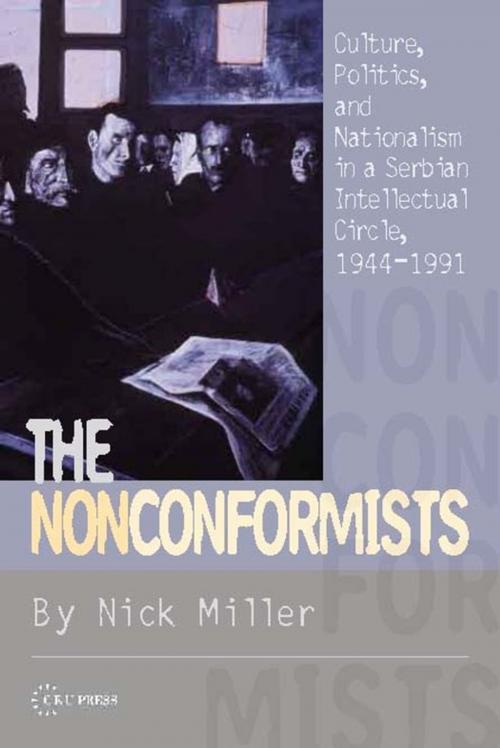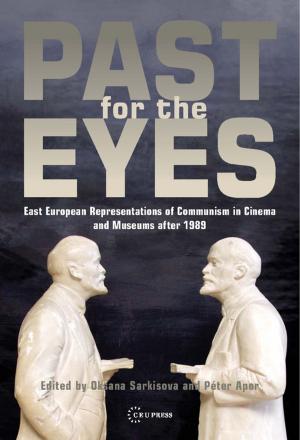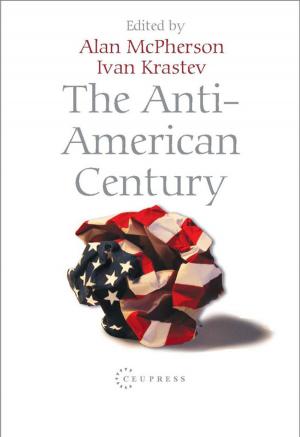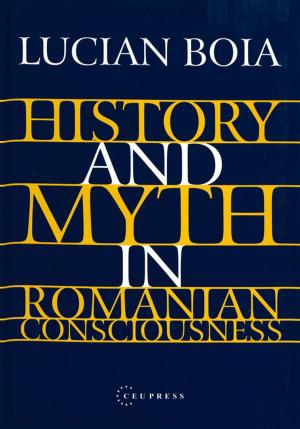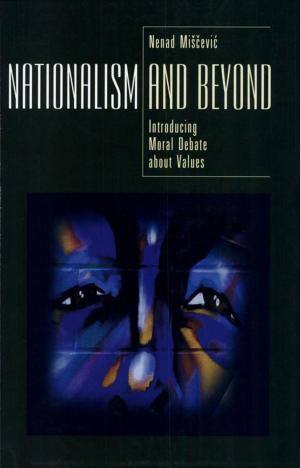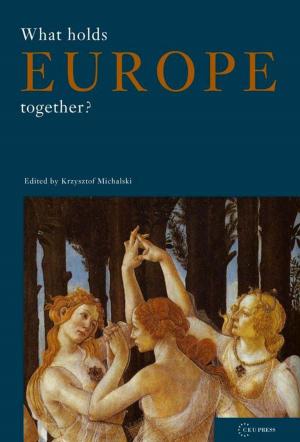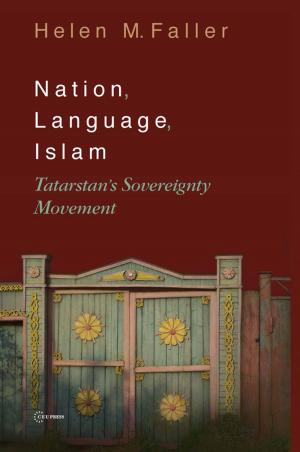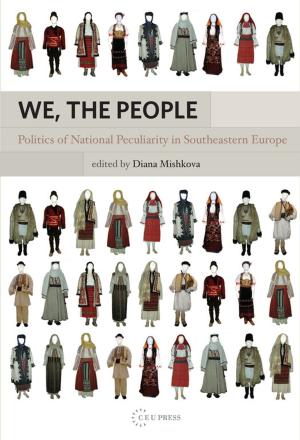The Nonconformists
Culture, Politics, and Nationalism in a Serbian Intellectual Circle, 1944-1991
Nonfiction, Art & Architecture, General Art, Art History, Social & Cultural Studies, Political Science| Author: | Nick Miller | ISBN: | 9786155211362 |
| Publisher: | Central European University Press | Publication: | January 23, 2013 |
| Imprint: | Central European University Press | Language: | English |
| Author: | Nick Miller |
| ISBN: | 9786155211362 |
| Publisher: | Central European University Press |
| Publication: | January 23, 2013 |
| Imprint: | Central European University Press |
| Language: | English |
Serbia’s national movement of the 1980s and 1990s, the author suggests, was not the product of an ancient, immutable, and aggressive Serbian national identity; nor was it an artificial creation of powerful political actors looking to capitalize on its mobilizing power. Miller argues that cultural processes are too often ignored in favor of political ones; that Serbian intellectuals did work within a historical context, but that they were not slaves to the past. His subjects are Dobrica Ćosić (a novelist), Mića Popović (a painter) and Borislav Mihajlović Mihiz (a literary critic). These three influential Serbian intellectuals concluded by the late 1960s that communism had failed the Serbian people; together, they helped forge a new Serbian identity that fused older cultural imagery with modern conditions. "Theoretically informed, elegantly written, and rich in necessary nuances, the book offers a corrective to simplistic, one-dimensional interpretations of the role of intellectuals in the rise of Serbian nationalism. It provides a critical analysis of the meanders of national politics during the Tito regime. The discussion of the Ranković affair and its role in catalyzing Ćosić’s sense of Serbs being victims of national discrimination is among the best in literature. For Miller, like for such authors as Isaiah Berlin and Leah Greenfeld, nationalism is a matter of dignity.” Vladimir Tismaneanu, University of Maryland “Nick Miller is the riveting stylist who happens to be a historian, and the judicious historian who happens to be a writer. His humane and passionate account of the ‘Nonconformists’ will cause those who have read everything on the subject to rethink what they know; and those who have read not a single book to want to know more. Both sets of readers—and those in between—will find this book exceptionally edifying.” John Connelly, University of California Berkeley "Miller’s insightful study tackles the interaction of culture, politics, and nationalism in Serbia since 1945. Skillfully avoiding the extremes typical of much existing literature, which tends to describe nationalism in Serbia either as the expression of centuries old ethnic hatreds or the creation of unscrupulous politicians, Miller offers an entirely new approach grounding it in the specific postwar experiences of a small but important group of Serbian intellectuals. With tightly woven prose and dry humor, Miller shows how the genuine and sincere intellectuals who inspired unscrupulous...
Serbia’s national movement of the 1980s and 1990s, the author suggests, was not the product of an ancient, immutable, and aggressive Serbian national identity; nor was it an artificial creation of powerful political actors looking to capitalize on its mobilizing power. Miller argues that cultural processes are too often ignored in favor of political ones; that Serbian intellectuals did work within a historical context, but that they were not slaves to the past. His subjects are Dobrica Ćosić (a novelist), Mića Popović (a painter) and Borislav Mihajlović Mihiz (a literary critic). These three influential Serbian intellectuals concluded by the late 1960s that communism had failed the Serbian people; together, they helped forge a new Serbian identity that fused older cultural imagery with modern conditions. "Theoretically informed, elegantly written, and rich in necessary nuances, the book offers a corrective to simplistic, one-dimensional interpretations of the role of intellectuals in the rise of Serbian nationalism. It provides a critical analysis of the meanders of national politics during the Tito regime. The discussion of the Ranković affair and its role in catalyzing Ćosić’s sense of Serbs being victims of national discrimination is among the best in literature. For Miller, like for such authors as Isaiah Berlin and Leah Greenfeld, nationalism is a matter of dignity.” Vladimir Tismaneanu, University of Maryland “Nick Miller is the riveting stylist who happens to be a historian, and the judicious historian who happens to be a writer. His humane and passionate account of the ‘Nonconformists’ will cause those who have read everything on the subject to rethink what they know; and those who have read not a single book to want to know more. Both sets of readers—and those in between—will find this book exceptionally edifying.” John Connelly, University of California Berkeley "Miller’s insightful study tackles the interaction of culture, politics, and nationalism in Serbia since 1945. Skillfully avoiding the extremes typical of much existing literature, which tends to describe nationalism in Serbia either as the expression of centuries old ethnic hatreds or the creation of unscrupulous politicians, Miller offers an entirely new approach grounding it in the specific postwar experiences of a small but important group of Serbian intellectuals. With tightly woven prose and dry humor, Miller shows how the genuine and sincere intellectuals who inspired unscrupulous...
